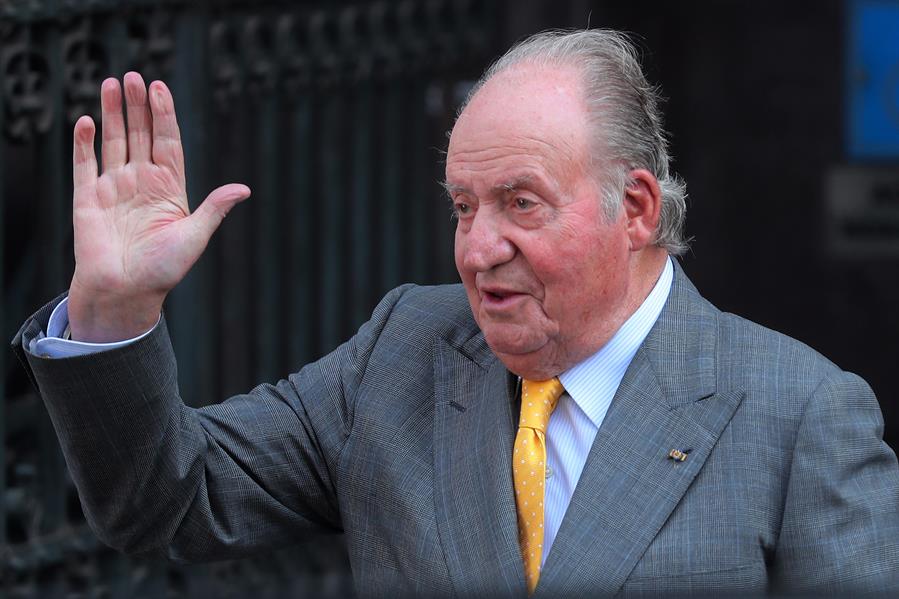23.09.2020 - 07:26
|
Actualització: 23.09.2020 - 09:26
The government of Switzerland will have to respond to the request of investigating Spain’s former king, Juan Carlos, over the mounting corruption allegations surrounding him, including a scandal involving alleged secret payments from Saudi Arabia to a bank account in the Alpine country. The Socialist MP in the Swiss federal assembly, Christian Dandrès, raised official questions to the executive, the Federal Council, who will have to respond in parliament.
Some 20 other left-wing MPs of different groups, including the Greens and Labour, joined the petition, according to the Catalan pro-independence civic organization, Òmnium, which made the original request. “Once more, what Spain’s powers try to hide will have to be clarified in Europe” said the group’s vice president, Marcel Mauri.
Òmnium’s petition included the fact that Juan Carlos’s accounts in Switzerland should be blocked while the investigation is underway, something that Dandrès’s questions also mention, asking whether “the apparent inaction of the federal government is compatible with the international commitments Switzerland has made with fighting corruption.” The Socialist politician supports blocking the money especially given that Switzerland has no extradition agreement with the United Arab Emirates, where Juan Carlos fled in early August amid the corruption allegations.
“Which measures have the federal authorities taken in order to establish the origin of these funds?” reads Dandrès’s text. Switzerland will have to respond to the questioning in the upcoming session of the Federal Assembly.
Investigation into former king
The Swiss prosecutor Yves Bertrossa is investigating Juan Carlos for allegedly hiding a fortune of 100 million dollars and for it possibly being a gift from Saudi Arabia deposited while he ruled Spain in 2008. Juan Carlos I is also under investigation by the Spanish Supreme Court for the same amount, allegedly received as a commission in exchange for interceding that a Spanish consortium won a contract to build a high-speed train link to the city of Mecca, in Saudi Arabia.
While the Spanish constitution states that a king cannot be judged by any means, Juan Carlos’ abdication in favor of his son, Felipe VI, in June 2014 apparently put an end to his immunity – yet the alleged crime would have been committed some years before.
On March 14, British newspaper The Telegraph published revelations that Felipe was named as a beneficiary for an offshore fund allegedly containing 65 million euros. The next day, the king relinquished his father’s legacy and withdrew his allocation from the royal family’s payroll.
Limit immunity?
In May, media in Spain reported that Juan Carlos I was given 1.7 million euros in cash by Bahrain’s sultan, Hamad bin Isa al Jalifa, in 2010. In July, Spanish president Pedro Sánchez said he was open to an amendment of the constitution to limit the legal immunity of public officials, including the king.
As the corruption-ridden legacy of king emeritus Juan Carlos I continues to haunt the Spanish monarchy, calls to strip the crown of its constitutional inviolability have grown louder. Also in July, Barcelona mayor Ada Colau called the monarchy “corrupt” and called for a referendum to remove the monarchy and install a Republic.


